Trending Now
Tuesday, Nov, 2024
Home / Rapid Rise Of English-taught Programs Becoming Important Feature In Worldwide Student Environment
Rapid Rise Of English-taught Programs Becoming Important Feature In Worldwide Student Environment
Nearly one in every five English-taught programs (ETPs) is now available outside the "big four" English-speaking locations...
 by Himani Verma /
by Himani Verma /  27 Jan 2022 13:12 PM IST /
27 Jan 2022 13:12 PM IST /  0 Comment(s) / 387
0 Comment(s) / 387

According to a global study by the British Council and Studyportals, nearly one in every five English-taught programs (ETPs) is now available outside the "big four" English-speaking locations, most notably in the Netherlands, Germany, and China.
Outside of Australia, Canada, the United Kingdom, and the United States, the analysis found over 28,870-degree programs taught in English, an increase of over 77 percent over 2017. The majority of programs in alternative destinations are at the master's level; however, undergraduate English-language degrees are increasing faster (85% vs. 74% for master's).
"We knew the international education environment was changing," said Edwin van Rest, founder and CEO of Studyportals. "We knew it from our growing partners and earlier studies we had undertaken with ACA, EAIE, and the IIE." This international survey demonstrates how swiftly institutions worldwide are adapting to teaching in English, providing students with more study alternatives than ever before. We believe that this will result in more distributed and symmetrical global talent corridors, which is excellent news for students, GDP, and a more equal and linked global society."
Despite this, universities in the "Big Four" English-speaking destinations offer the vast majority (82%) of the 157,278 bachelor's and master's programs Studyportals discovered globally.
China, Africa, and India are all working hard to expand their capacity
While the European Higher Education Area (63 percent) offers most English-taught programs outside of the Big Four, China and Sub-Saharan Africa are swiftly adopting Them, "doubling their number of programs since January 2017." "Foreign enrolments in China increased by 10.5 percent in 2017," according to the report. India also has stated that it plans to accommodate 200,000 international students by 2023. These indicators hint to a shift in Asian-Pacific countries' roles as sending and receiving markets for overseas students."
Higher education institutions in the Middle East are collaborating with UK schools and expanding their transnational education offerings to boost the number of English-taught programs they can offer.
Hubs in the region:
Many analysts have noted a growing tendency among students who want to study abroad – but closer to home, in their region. "Among other markets for ETPs, East Asia and the Arab countries in the Middle East and Northern Africa operate as powerful regional hubs," according to Studyportals. South Africa offers several colleges with English-taught programs that draw students from other African countries. Malaysia provides the majority of ETPs given by universities in the former, while the United Arab Emirates, along with other Gulf countries, is a prominent player in the latter."
Competition is becoming more intense.
In Europe, the Netherlands attracted 94,000 students in 2019/20 by increasing the number of English-taught programs. Meanwhile, Germany's international student population surged from 197,000 in 2013 to 320,000 in 2019/20. Higher education in Germany is free for both international and domestic students. The country has stood out among top destinations for its ability to maintain its international student population throughout the epidemic.
Besides the United Kingdom, Ireland has the most English-taught programs in Europe, with 2,776 compared to 1,937 and 1,826 for the Netherlands and Germany. Since 2017, Ireland and Germany have boosted their stock of English-taught programs by more than 40%.
Implications for rankings:
"Ranked universities are more likely to provide ETPs than non-ranking universities; and second, ranked universities are more likely to actively try to attract international students, thus being captured in the Studyportals' dataset," according to Studyportals.

Blog / February 11, 2024
Mastering Spoken English: A Journey Through Real-Life Conversations

Blog / January 19, 2024
The Crucial Need for Cybersecurity Education in School Curriculums

Blog / December 19, 2023
How Gamification Transforms Learning into Adventure

Blog / December 01, 2023
Empowering Education: How Artificial Intelligence Shapes the Future of Learning

Blog / September 10, 2023
Looking for Scholarships? 3 Programmes to Apply for by September-October 2023

Blog / May 11, 2023
Top 10 Career Choices for Generation Z

EShort / February 16, 2024
IMS Noida Admissions 2024: Apply for UG, PG programmes

EShort / February 16, 2024
GATE 2024: Response sheet out
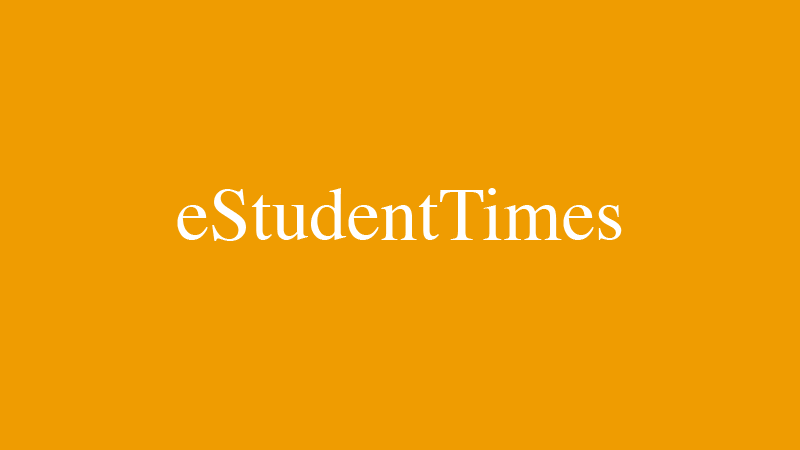
EShort / February 16, 2024
BSSTET 2023: Admit card released

EShort / February 16, 2024
NID DAT 2024: Prelims result released

EShort / February 16, 2024
IIT JAM 2024: Response sheet released
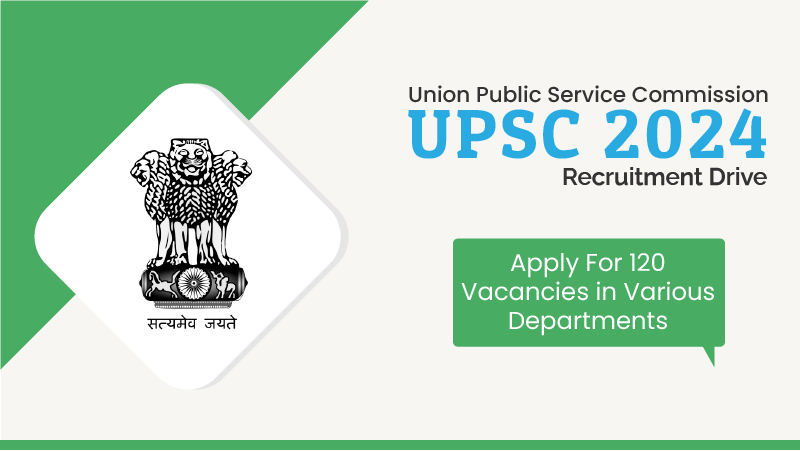
Jobs / February 16, 2024
UPSC Recruitment Drive 2024: Apply for 120 vacancies in various departments

EShort / February 14, 2024
UPSC CSE 2024: Official Notification issued; application process begins

Editor's Desk / April 17, 2020
How Does Society Impact Our Education?

Current Affairs / April 22, 2020
Mr. Sudarsanam Babu appointed to U.S. Science Board.
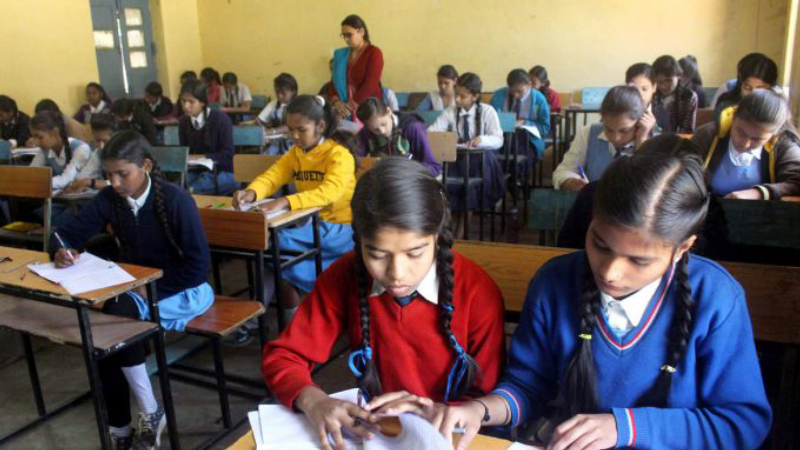
Reforms / April 17, 2020
Traditional Structure of Education In India
.jpg)
Events & Seminars / April 17, 2020
PISA!!
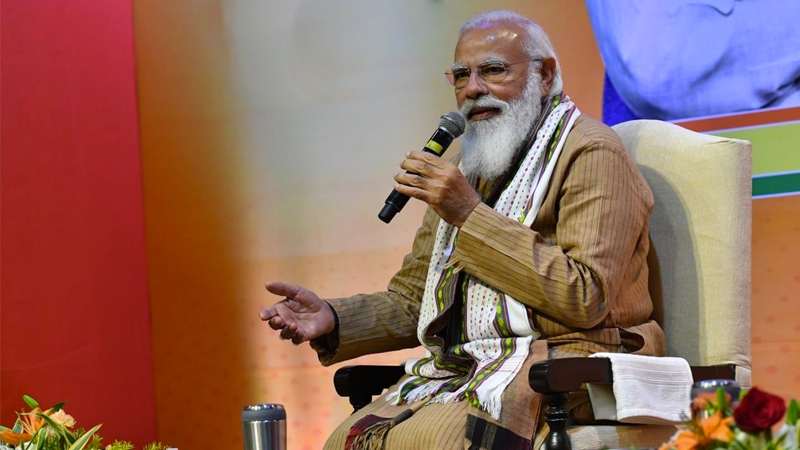
Blog / February 26, 2021
Government's Action On #ModiRojgaarDo

EShort / May 19, 2022
CUET PG 2025 has started the registration process.

Notice Board on Important Dates / April 21, 2020
World Heritage Day

News / July 08, 2021
JEE Mains Registration For Session 3: Last Date To Apply

EShort / December 14, 2021
UPSC Declared Final Result For DCIO Recruitment








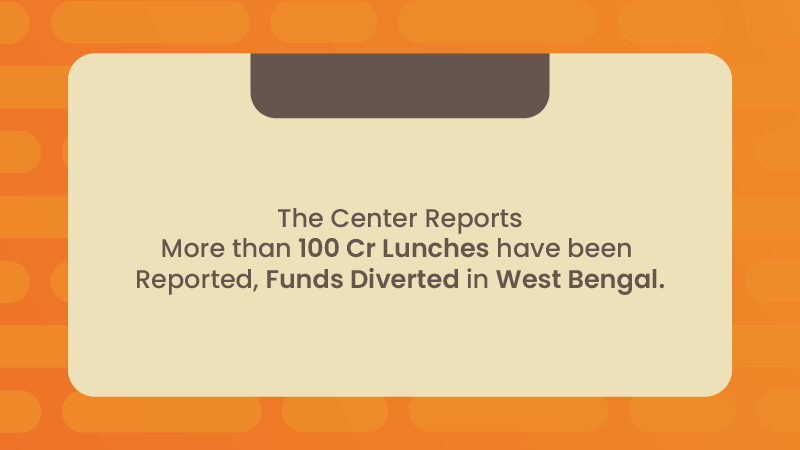

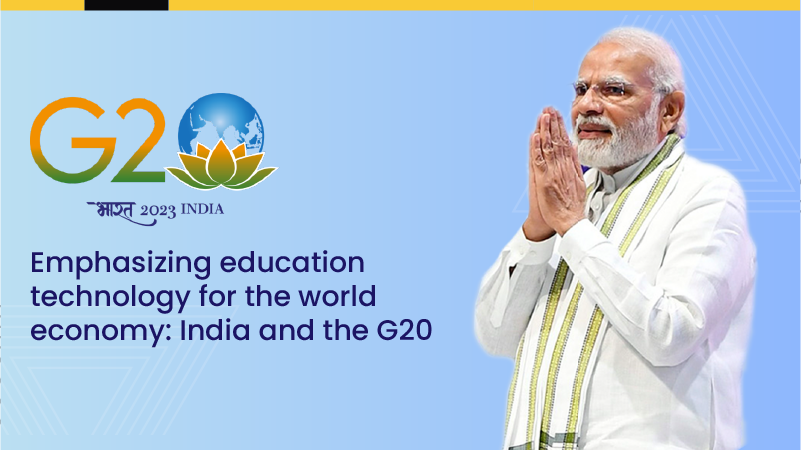

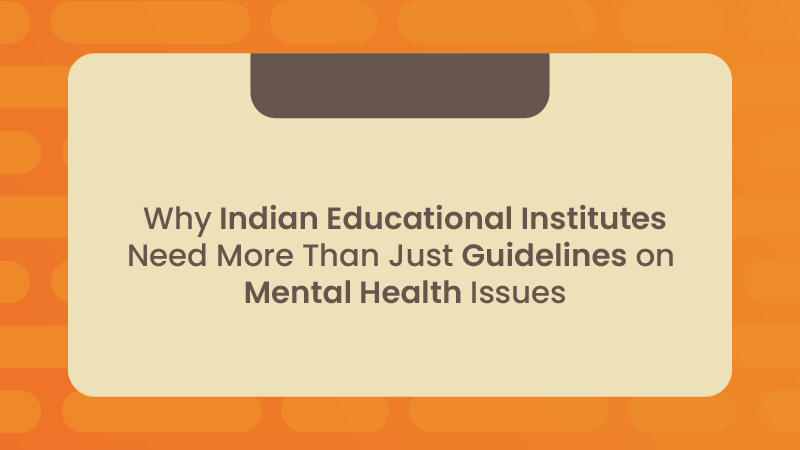


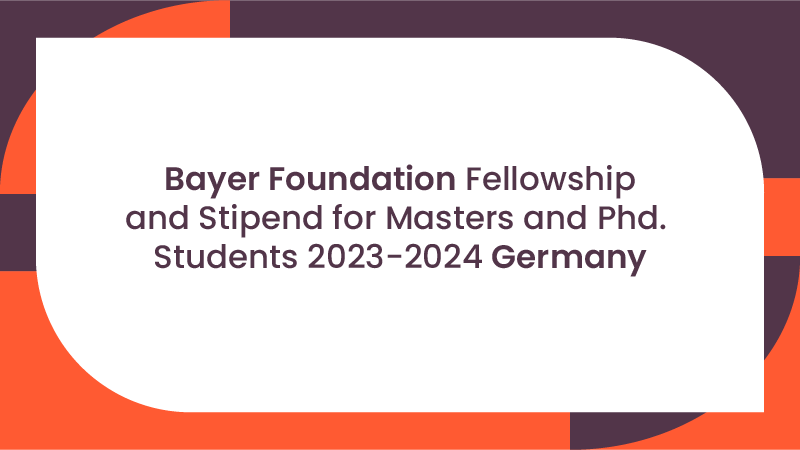



0 Comments
Post Comments